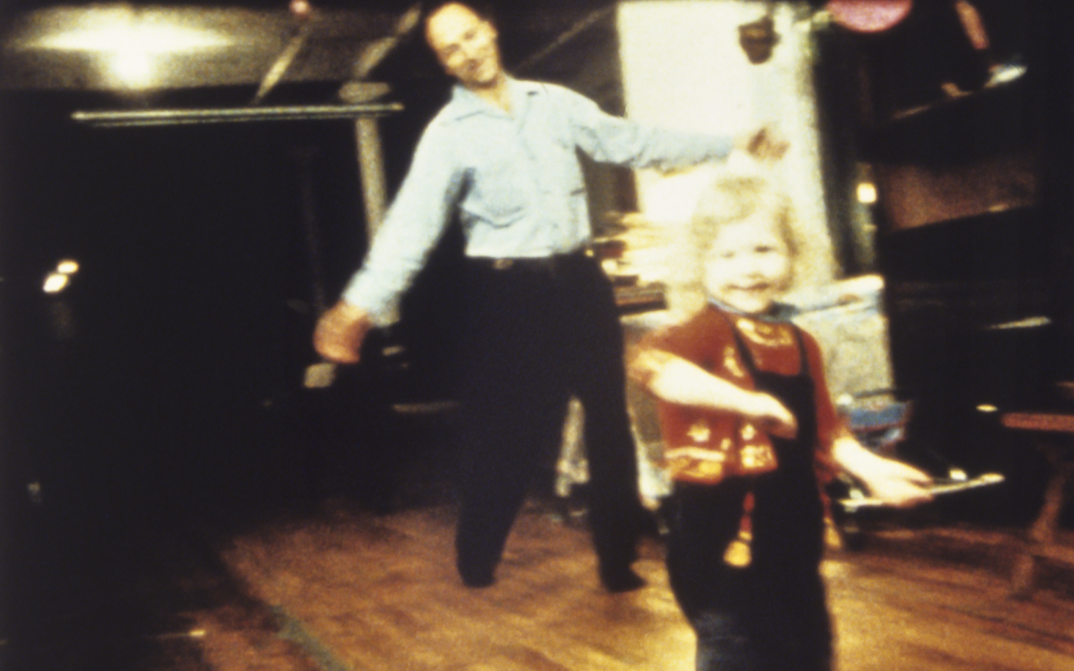"Politics of Everyday": Paradise Not Yet Lost (aka Oona’s third year)

Sun 22.01.
15:30
Director
Jonas Mekas
USA / 1979
96 min.
/ 16 mm
/ Original version
Aus der Sammlung des Österreichischen Filmmuseums
Program
Politics of Everyday
Cinema
Arsenal 1
zu den Ticketszu dem KalenderConversation with Hollis Melton
The small form, the fragmentary and spontaneous are from the very beginning defining stylistic elements of Jonas Mekas' art. It is a consequence of the experience of the barbarous, dehumanizing 20th century. Giving a "voice" to things, to the forgotten and discarded, to the outcast and marginalized, to the small, often overlooked everyday situations, is therefore what distinguishes his "Politics of the Everyday".
This everyday life appears paradisiacal in Jonas Mekas' cinematic as well as written diaries, as they reveal an unrealized present and its inherent poetry. The implicit politics of this aesthetic, which perceives the world as "Fragments of Paradise," is not out of touch with reality but, in an almost critique of ideology, a timeless politics of friendship and worldliness. It is perhaps most evident in Mekas's recurring use of the text panel "This is a political film," for example, mounted between images of exuberance and pleasure.
More restricted in its scope than his other, more expansive film diaries, PARADISE NOT YET LOST (AKA OONA'S THIRD YEAR) finds Mekas focusing entirely on the events of 1977. Divided into six sections, Paradise Not Yet Lost begins in New York, with fragments of Mekas and his family’s daily life and various visits and happenings around the city; from there, the film sprawls out to encompass a trip to Sweden, another journey to Lithuania (this time with Mekas’s wife Hollis and his nearly-3-year-old daughter Oona in tow), trips to Austria (to visit Peter Kubelka and Hermann Nitsch) and Italy, and finally, a return to NYC. Throughout, Mekas movingly organizes this material around the figure of Oona, aiming to provide her with a cinematic record of this early year in her life, a time she’ll barely be able to recall as an adult. A diary film that is also a meditation on the theme of paradise. "I’m talking to you, Oona. Be idealistic, don’t be practical. Seek the insignificant small but essential qualities, essential to life.”
After the screening, photographer Hollis Melton, Mekas' life partner at the time, will talk about the process of creating and publishing his self-published diary I had Nowhere to go, of which she was the editor, as well as about everyday life in front of and with Jonas Mekas' camera.